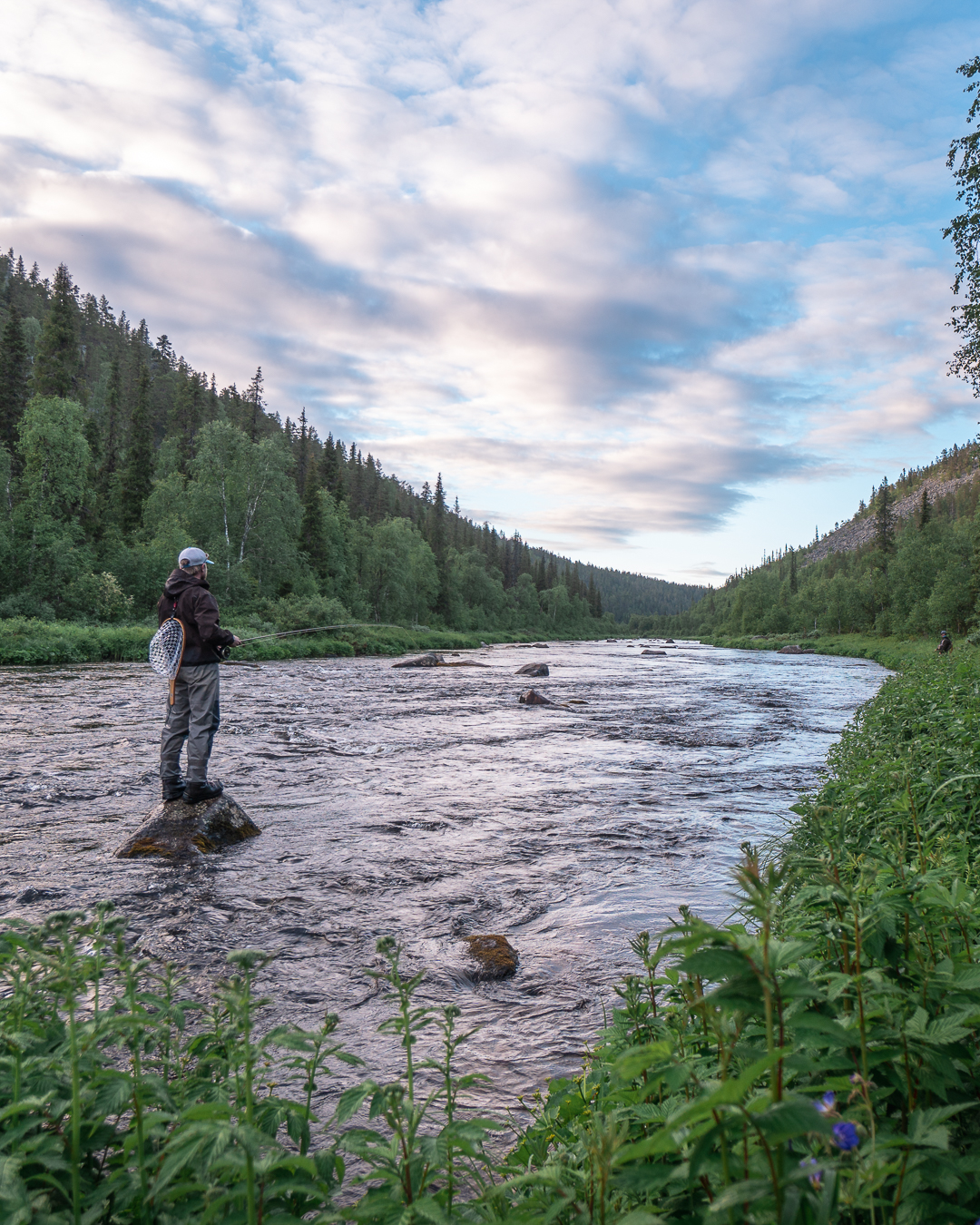
Research: What Do Fishermen Value as a Tourist Experience?
A new Tourism Marketing and Management research suggests that fishing tourists’ lived experience is always built around the same core elements. The elements in the order of importance are the following: emotional value, social value, and epistemic value. This means that Finnish fishing tourists value such elements as nature, peace-and-silence (i.e. emotional value). Also, […]
Nature tourism is trending as we start to understand how healthy being in nature is
Nature tourism in Finland is all about “the space to breathe, a time to dream, hiking in summer, cross-country skiing in winter, gathering berries and mushrooms or simply a gentle walk in the woods.” (http://www.visitfinland.com/finrelax/). Nature is also one of the central themes in Master’s Degree Programme in Tourism Marketing and Management (MDPTMM, www.uef.fi/tmm). Why is […]
Welcome to Tourism Marketing and Management
Welcome to the blog of International Master’s Degree Programme in Tourism Marketing and Management by University of Eastern Finland. This blog is an essential part of the programme and will bring forth the ideas and news from the programme. We aim to build a significant international platform for making tourism better with this programme and […]